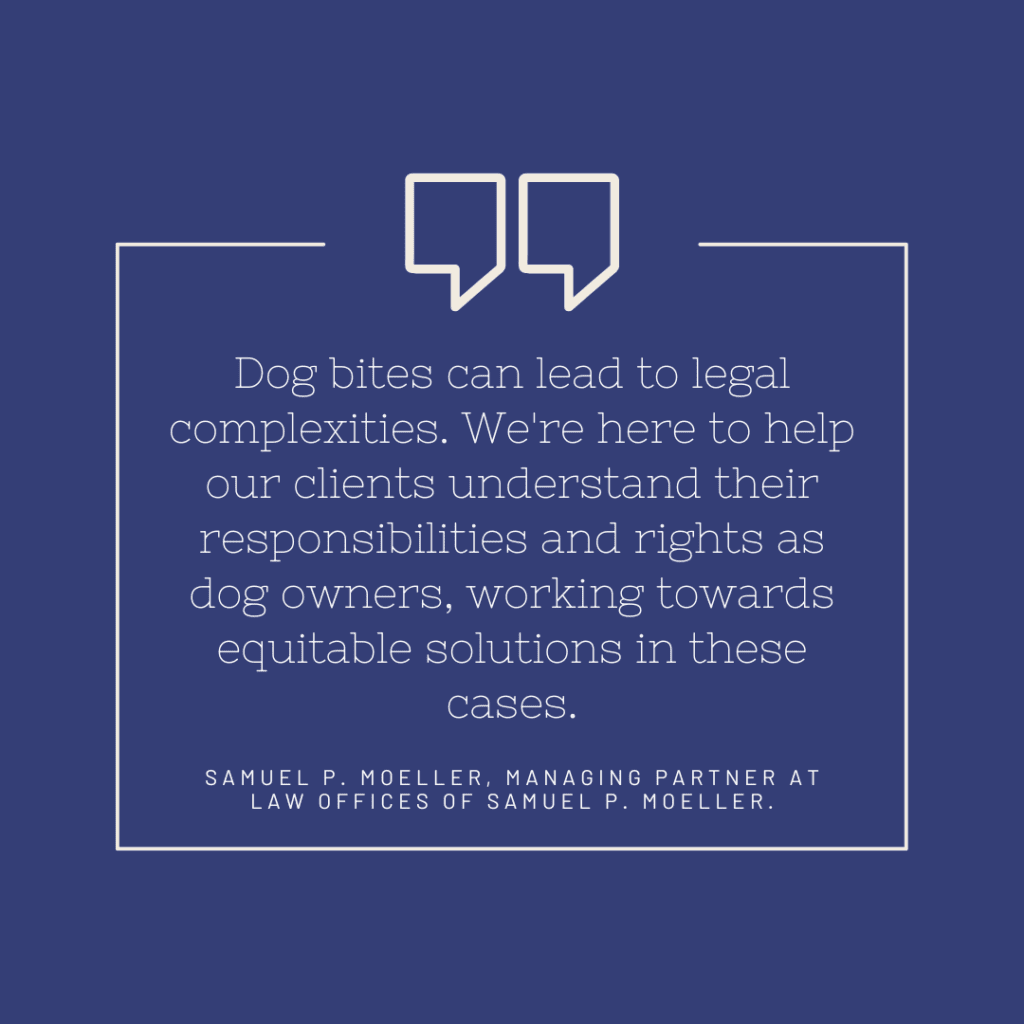Dogs have long been cherished companions to humans, offering loyalty, affection, and protection. However, even the most well-behaved dogs can sometimes bite or injure people or other animals. When such incidents occur, the question of liability often arises. This article will examine the laws surrounding dog owner liability when their pet injures someone and delve into potential defenses available to owners.
Dog Bite Laws and Liability
Dog bite laws and liability can vary significantly depending on the jurisdiction, but there are some common principles that apply in many places. Generally, when a dog injures someone, the owner may be held liable if certain conditions are met. These conditions typically include:
- Strict Liability: In many jurisdictions, dog owners are held strictly liable for injuries caused by their dogs. This means that the owner is responsible for the injury regardless of whether they were negligent or aware of the dog’s dangerous tendencies. Strict liability often applies to injuries that occur in public places or when the victim was legally on the owner’s property.
- Negligence: In some cases, a dog owner may be held liable for injuries if they were negligent in their actions or failed to exercise reasonable care in controlling their dog. This might include failing to leash a known aggressive dog or allowing it to roam unleashed in a public area.
- “One Bite” Rule: Some jurisdictions follow the “one bite” rule, which means that a dog owner may not be held liable for the first bite or injury caused by their dog if they had no reason to believe the dog was dangerous. However, if the owner is aware of the dog’s aggressive behavior or has a history of biting, they can be held liable for subsequent injuries.
- Trespassing: In some cases, if the victim was trespassing on the owner’s property at the time of the injury, the owner may have a valid defense against liability. However, this defense may not apply if the owner intentionally set the dog on the trespasser.
Defenses Available to Dog Owners
While dog owners can be held liable for injuries caused by their pets, there are several defenses they may use to mitigate or negate their liability:
- Provocation: If the victim provoked the dog before the attack, the owner may argue that the provocation was the cause of the injury. However, the level of provocation required to justify an attack can vary by jurisdiction.
- Trespassing: As mentioned earlier, if the victim was trespassing on the owner’s property at the time of the incident, the owner may use this as a defense. It’s important to note that this defense may not apply if the owner intentionally encouraged the dog to attack the trespasser.
- Lack of Knowledge: In jurisdictions that follow the “one bite” rule, the owner may argue that they had no reason to believe their dog was dangerous because it had not previously exhibited aggressive behavior
- Assumption of Risk: If the victim willingly assumed the risk of interacting with the dog, such as when participating in a dog-related activity or sport, the owner may argue that the victim knowingly accepted the potential risks involved.
Dog owner liability for injuries caused by their pets is a complex legal issue with varying laws and defenses depending on the jurisdiction. While some places adhere to strict liability, others follow the “one bite” rule or consider factors like provocation and trespassing. It is essential for dog owners to be aware of the laws in their area and take appropriate measures to prevent their dogs from causing harm. Responsible pet ownership, including proper training, socialization, and restraint, can go a long way in reducing the risk of dog bites and legal liabilities.

[forminator_form id=”169″]